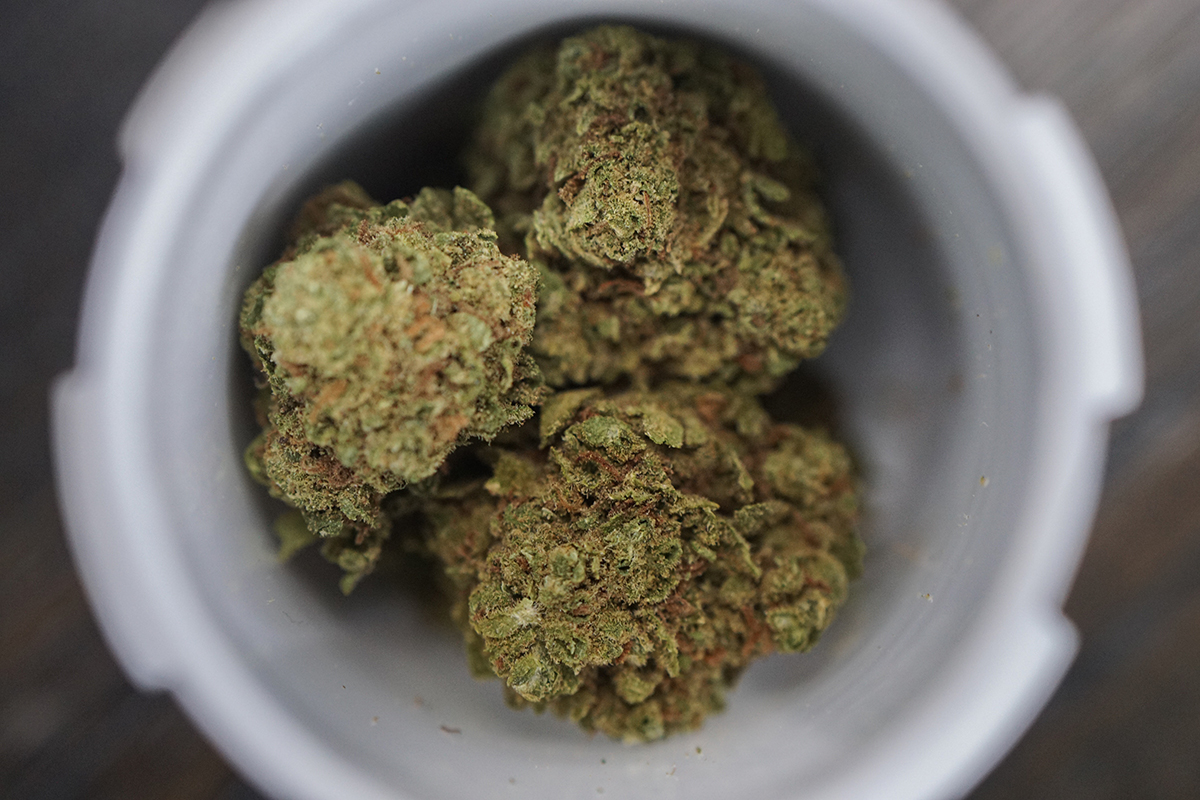If you’ve spent any time in the cannabis industry, you’ve likely heard the term “the entourage effect” thrown around regularly, but what exactly does it mean?
Cannabis buds are covered in a shiny, sometimes sticky, crystal resin more scientifically known as trichomes. These “fine outgrowths or appendages” are microscopic mushroom-like protuberances and are the in-house factories that products the hundreds of known cannabinoids, terpenoids and flavonoids that give each strain their uniqueness.
The way that these compounds interact was coined “the entourage effect” in 1998 by Dr. Raphael Mechoulam and a group of other scientists. The phrase has risen in popularity thanks to Dr. Ethan Russo’s 2011 paper “Taking THC: Potential Cannabis Synergy and Phytocannabinoid-Terpenoid Entourage Effects”. The theory is that for cannabis to be effective in medicinal treatments, you must use the entire plant. While there is very little scientific evidence on the entourage effect, the validity of the theory is clear for a lot of patients who feel little to no desired effect from using THC or CBD only medications.
The all-encompassing title of “Whole Plant Medicine” is where the entourage effect bases all of it’s findings. The most common form of consumption amongst cannabis users is the greatest testament to the benefits of whole plant medicine. While most cannabis today is being bred with larger amounts of THC compared to other compounds, we’re starting to see a growing trend of consumers who are more interested in the psychoactive free relief that comes from chemical diversity.
There’s a myriad of other benefits when applying the whole plant medicine idea to your medical cannabis needs. Everyone is familiar with the popular THC/CBD team, but did you know higher levels of myrcene reduce resistance in the blood-brain barrier which enables our bodies to process the compounds more quickly (source)? Pinene, another common terpene found in cannabis, helps counteract compromised cognition and memory loss caused by THC (source) and when mixed with CBG, has shown promise in the treatment of MRSA (source).
These are just a few examples of the benefits of whole plant medicine, though as with all cannabis medications results may vary. When dealing with the intricacies of the human body, there is no telling how each of us will react to compounds present in any given plant. This is why we at Arkansas Natural Products urge all of our patients to keep a record of their medications and how each one affects them every time they take it. Keeping a record of these things allows us to create a more individualized treatment plan based on the needs of individual patients.
